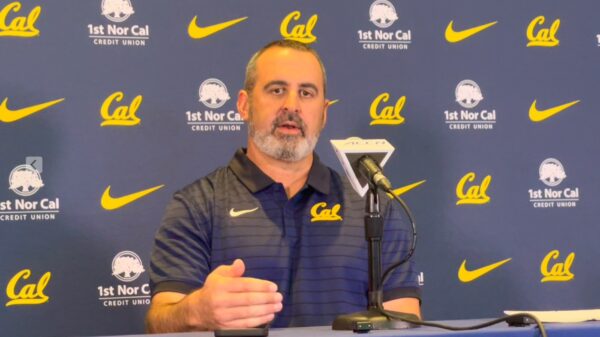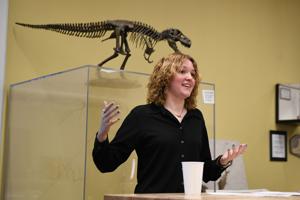Identifying a true teacher of faith requires discernment and a solid understanding of biblical principles. According to various sources, including ancient proverbs and scripture, the essence of a good teacher lies in their alignment with God’s teachings, particularly as articulated in the Bible. A key question arises: how can one differentiate between genuine teachers and those who mislead?
The ancient Vietnamese proverb, “When eating a fruit, think of the person who planted the tree,” resonates deeply in this context. Just as fruit trees bear testimony to their caregivers, so too do true teachers produce the fruits of their teachings. Psalm 1 highlights the wisdom of those who meditate on God’s Word, comparing them to “a tree planted by rivers of water that brings forth fruit in its season.”
In the words of Emily, a 12-year-old student, “God’s teachers speak for God and not for themselves. They get all their teachings from the Bible and nothing else.” This perspective emphasizes that authentic teachers derive their messages from divine scripture, aiming solely for God’s glory.
The teachings of Jesus serve as a foundational example. His followers recognized him as a Rabbi, a title denoting respect and authority in Jewish tradition. Yet, he faced criticism and accusations of being demon-possessed from detractors. Jesus himself warned of false prophets, urging caution with his admonition: “Beware of false prophets, who come to you in sheep’s clothing, but inwardly they are ravenous wolves. You will know them by their fruits” (Matthew 7:15-16a).
The distinction between true and false teachers is critical, particularly when examining their messages about salvation. Andrea, aged 11, points out that misleading teachings often promote the notion that good deeds alone can secure a place in heaven. “If someone says, ‘Once you do 20 good deeds, you will go to heaven when you die,’ and that is not what it says in the Bible, then they are not a true teacher of God,” she asserts. This highlights the importance of grounding one’s beliefs in scripture rather than appealing to ego-driven concepts of self-worth.
The gospel of grace, which asserts that Jesus died for humanity’s sins, underscores the necessity of a savior. It emphasizes that salvation cannot be earned through human effort, as articulated in Ephesians 2:8-9. The Apostle Paul issued a stern warning against those who preach false gospels, stating, “But even if we, or an angel from heaven, preach any other gospel to you than what we have preached to you, let him be accursed” (Galatians 1:8). This underscores the severe consequences for misleading teachings.
Those who take on the mantle of teaching God’s Word face heightened responsibility, as indicated in James 3:1: “My brethren, let not many of you become teachers, knowing that we shall receive a stricter judgment.” This accountability serves as a reminder of the gravity of the role that teachers play in guiding their communities.
To assess whether someone qualifies as a true teacher, one must first examine their teachings regarding Jesus Christ. The Apostle John articulates this necessity clearly: “By this you know the Spirit of God: Every spirit that confesses that Jesus Christ has come in the flesh is of God, and every spirit that does not confess that Jesus Christ has come in the flesh is not of God” (1 John 4:2-3a).
In summary, the inquiry into the authenticity of a teacher’s message is vital for anyone seeking spiritual guidance. Reflecting on the core beliefs about Jesus’ divine nature and the grace of salvation is essential for distinguishing true teachers from false ones. The teachings encapsulated in these scriptural references serve as a roadmap for individuals navigating their spiritual journeys. As families engage in studying the Bible together, they reinforce their character, faith, and spiritual life, fostering deeper connections within their communities.





































































